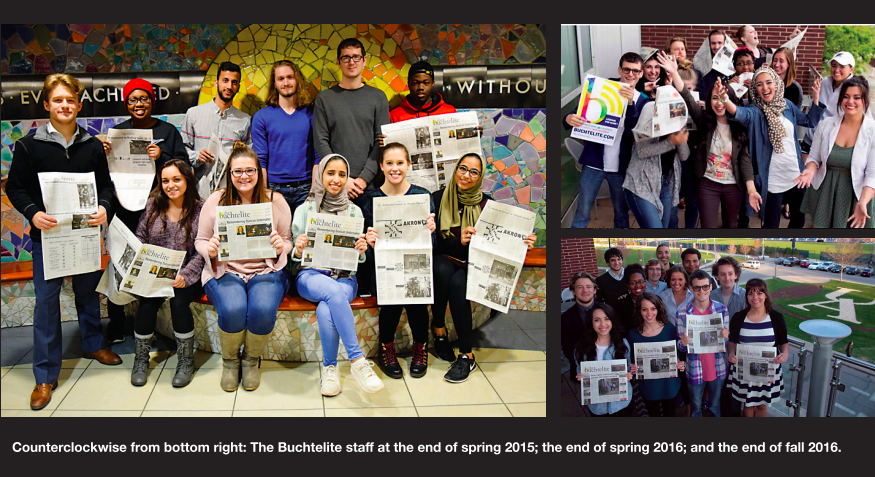“Another election has come and gone, and many of us aren’t even aware that we missed our stop at the polls. Those of us who happened to stumble upon the results will wonder who the candidates and issues were. Then we’ll realize that we don’t care that much.”
“
Another election has come and gone, and many of us aren’t even aware that we missed our stop at the polls. Those of us who happened to stumble upon the results will wonder who the candidates and issues were. Then we’ll realize that we don’t care that much. And if we do, there’s always next year.
Sadly, this week’s local election wasn’t even noticed by many people. Those who did know of the election didn’t vote or aren’t registered.
What offices are up for election? and Aren’t elections held every four years? are common questions this time of year.
Upon informing someone that they missed the election, just pray you don’t hear, So is Bush still in office or what?
It was bad enough having to answer yes back in 2004, let alone now.
And just how bad is voter turnout? It’s hard to tell right now. Based on the primaries, where only about 8 percent of registered voters in Akron cast their ballots and a polling center near Kent State that had no voters before noon, it’s not looking good.
Despite what the numbers really are, they could always be better.
Granted, we all generally see a presidential election coming. Media outlets become inundated with information, propaganda and controversy.
The media also feature overpaid politicians and political ‘experts’ advocating this view or another, who praise or condemn certain candidates.
We know when it is and, for better or worse, we usually know a little about the pertinent issues because of the media spin.
All of the elections in the four-year interim are the ones we ignore. But why?
Maybe we don’t know what the election decides. The president isn’t the only one we elect, by the way. Governors, mayors, senators, representatives, members of various state and local boards and city council members are voted on. We elect directors of finance, commerce, law, transportation, treasurers and trustees.
Basically, we choose everyone who represents us in all levels of government.
Maybe we don’t know the issues. We vote on budgets for fire and police departments, school levies, the powers of various boards, names of cities, the conduct and operations of strip clubs and countless proposed laws that affect virtually all aspects of our lives.
Add to this mass of confusion the fact that different candidates have different viewpoints on different issues, and voting for whoever you believe is the right candidate can be a particularly daunting task.
Maybe we don’t vote regularly because we don’t want to bother with researching and interpreting so much information. Or maybe we simply don’t have time to go to the polls on Election Day.
Maybe we don’t think that our vote matters. When it comes down to it, if only one-fourth of registered voters turn out to vote, are the results really an accurate representation of what the population wants?
Essentially, we don’t vote because we don’t realize how important it really is, and that each individual person voting is what democracy is ultimately based on. Each vote matters, and the candidates we elect in the off-presidential election years can affect our lives on a day-to-day basis to an extent that is often greater than those elected on a national level.
And besides, it undermines the political opinion of a person when that person hasn’t voted. It’s easy to complain about something, but when that person hasn’t done something to change it, what’s the point?
Voting is the most accessible and easiest way for each of us to change the world, and it’s a shame that more of us don’t think about that in the days leading up to an election.
“



